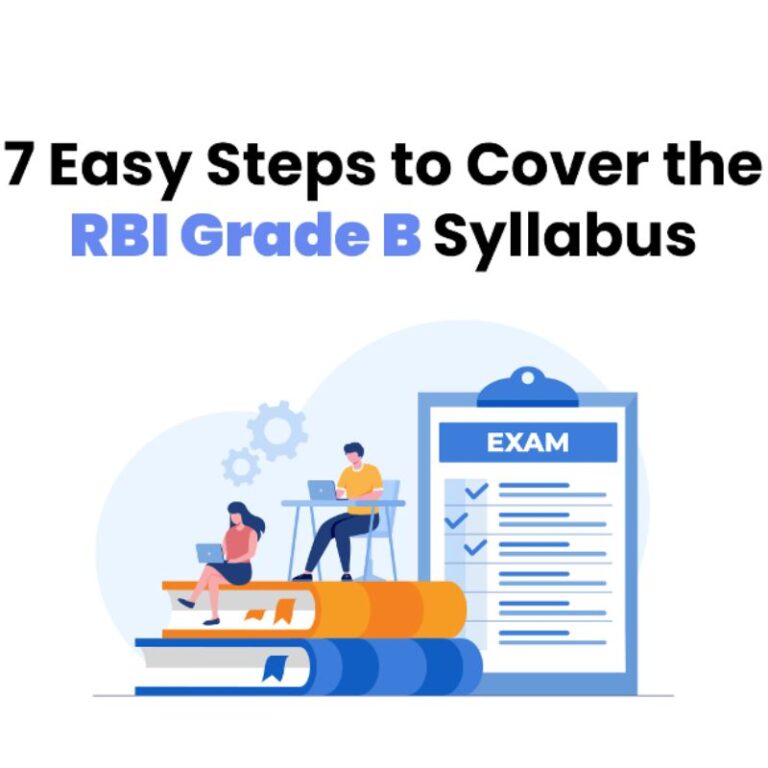Inclusion of Muslims in OBC Reservation Category

The state of Karnataka in India has recently undergone significant changes to its reservation system, specifically regarding the inclusion of Muslims in the Other Backward Classes category.
This decision by the Karnataka government has generated considerable attention and debate.
Karnataka’s Reservation Policy Overhaul
Redistribution of Quotas
The four percent quota previously allocated to minorities, particularly Muslims, under the 2B classification of the OBC category, will now be redistributed among two dominant communities in the state.
Under the revised scheme, the four percent reservation for Muslims will be divided equally into two parts. Each part will then be added to the existing reservation quotas of the Vokkaliga and Lingayat communities, which already have separate reservation categories of 2C and 2D, respectively.
Objectives of the Reservation Policy Changes
The restructuring of reservation quotas reflects the Karnataka government’s commitment to addressing the concerns and aspirations of various communities within the state.
This decision has been made after careful consideration and consultation to align the reservation system with the changing socio-political landscape of Karnataka.
Changes Made in the Reservation Policy
Abolition of Muslim Reservation in OBC Category
One of the key changes in Karnataka’s reservation policy is the abolition of the four percent Muslim reservation within the OBC category.
Introduction of Internal Reservation for Scheduled Castes
In addition to the changes mentioned above, the Karnataka government has introduced internal reservation for 101 Scheduled Castes based on the recommendations of the A. J. Sadashiva Commission.
These subcategories facilitate the allocation of reservation benefits to specific Dalit communities, ensuring equitable representation and opportunities for all sections of society.
Background and Rationale
Inclusion of Muslims in OBC Reservation Category
The inclusion of Muslims in the OBC reservation category in Karnataka dates back to 1995.
While the recent changes in the OBC status of Muslims in Karnataka have not been supported by specific reports or studies, it is important to note that certain extremely backward Muslim sub-castes, comprising seven sub-castes, will continue to benefit from the four percent reservation under Category I.
This viewpoint is supported by a 2010 judgement of the Andhra Pradesh High Court, which declared reservations for Muslims under the OBC quota as unconstitutional.
Expert Recommendations and Backwardness of Muslims
Numerous expert committees have recommended classifying Muslims as a backward community due to their social and educational disadvantage, including the Miller Commission (1918), Nagan Gowda Commission (1961), Havanur Commission (1975).
Constitutional Provisions for Reservation in India
The Mandal Commission, appointed in 1978, played a crucial role in defining the criteria for identifying “socially and educationally backward classes.”
A government announcement reserving ten percent of government positions for economically backward classes among higher castes was overturned by the Supreme Court in the seminal Indra Sawhney Case of 1992, however, the court upheld the 27 percent quota for backward classes.
The State and Central Governments are given the authority to reserve seats in government positions for members of the Scheduled Castes and Scheduled Tribes under Articles 15(4) and 16(4) of the Constitution.
Summary
The recent changes in the reservation policy in Karnataka regarding the inclusion of Muslims in the OBC category have sparked discussions on the balance between religious identity and backwardness.
The Karnataka government’s decision to redistribute the minority quota among dominant communities aims to provide equitable opportunities and resources.
Calling all law aspirants!
Are you exhausted from constantly searching for study materials and question banks? Worry not!
With over 15,000 students already engaged, you definitely don't want to be left out.
Become a member of the most vibrant law aspirants community out there!
It’s FREE! Hurry!
Join our WhatsApp Groups (Click Here) and Telegram Channel (Click Here) today, and receive instant notifications.






